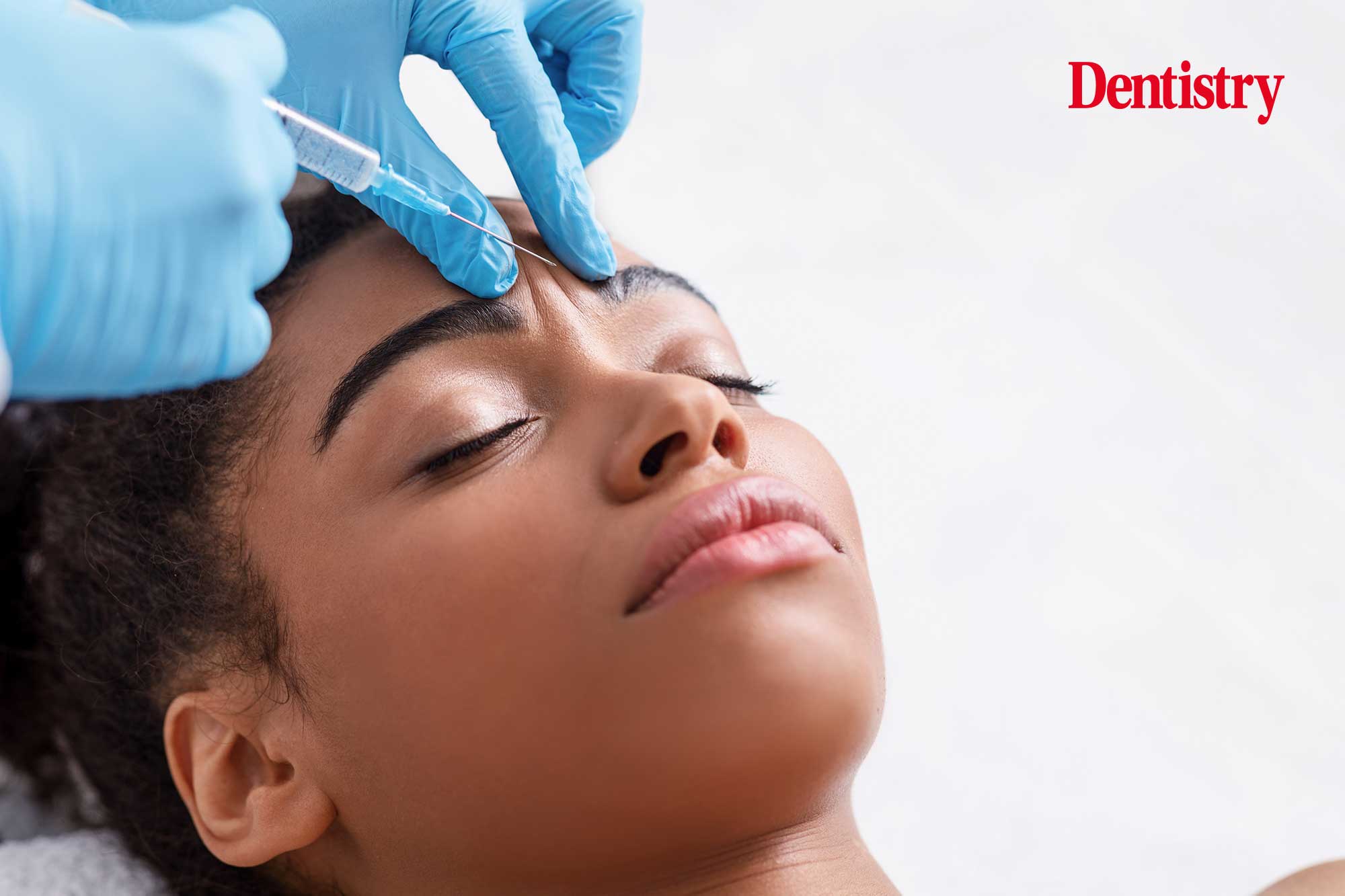
After a study shows that almost one in four practitioners who administer facial aesthetics are dentists, we consider why the profession is so well positioned for these types of treatments.
According to a study led by University College London researchers, 24% of cosmetic practitioners who are administering injections such as Botox are dentists, while 8% are dental nurses.
Of the professions represented, 32% were doctors, 13% were nurses, 24% were dentists and 8% were dental nurses. Of the 1,163 doctors identified, 41% were on the specialist register and 19% were on the GP register.
The findings also suggested that 12% of treatments are carried out by non-healthcare ‘aestheticians’.
Dr David Zargaran, plastic surgeon and author of the study, said: ‘There are well-documented – yet to date, unaddressed – challenges in the UK cosmetic injectables market.
‘Without knowledge of the professional backgrounds of practitioners, we cannot adequately regulate the industry. Our research highlights that the majority of practitioners are not doctors. [They] include other healthcare professionals, as well as non-healthcare professionals such as beauticians.’
Dr Harry Singh spoke to Dentistry.co.uk about the importance of improving the understanding of dental professionals’ scope of practice and why dentists are so well placed to offer aesthetic injectable treatments.
Trust and rapport
Many dentists are exploring the idea of getting involved in facial aesthetics, and why not?
Our patients trust us; we have empathy and have built rapport with them. Therefore we have the jump on offering facial aesthetics in a secure and controlled environment.
On the clinical side of things, we regularly perform injections several times a day. We are familiar with this procedure and have mastered how to give injections with minimal discomfort. Dentists are also experts in facial anatomy and structures; we spend hours every day performing in this region.
So, why the negativity and hostility (which I’ve faced personally) amongst other medical professionals toward dentists offering these services?
I’ve divided this into two categories;
Scarcity mindset – it may be that with dentists, by having the perfect set-up, a clinical room and a list of willing patients, it may look like we have an unfair advantage over our medical colleagues, who will need to find premises and start with zero patients.
In addition, there may be a misconception that dentists are raking it in, driving Porsches and wearing Rolex watches, especially with the bad press we get about leaving the NHS and we don’t need the extra money.
There is also a biased opinion amongst plastic surgeons that only they should deliver these treatments as it’s purely cosmetic work. But I remember 20 years ago plastic surgeons were not interested in these services as they were so busy with cosmetic surgical procedures.
Now that the well may be drying out, they want to keep non-surgical treatments for themselves.
Misinformation – there may be a lack of understanding of exactly what our skillset is so, incorrectly, they may feel we should not dabble in this area.
Strategies for dentists
Tackling the misconception that dentists shouldn’t offer facial aesthetics involves a combination of education, communication, and ethical practices. Here are some strategies dentists can use:
- Emphasise overlapping expertise: Dentists can explain how their knowledge of facial anatomy and experience with oral health procedures make them well-suited to provide certain facial aesthetic treatments, such as dermal fillers and Botox injections
- Ethical practices: Dentists should ensure that they adhere to ethical guidelines when offering facial aesthetics. This includes only recommending procedures that are appropriate for the patient’s needs and avoiding aggressive marketing tactics
- Collaboration: Collaborate with other medical professionals, such as dermatologists and plastic surgeons, to provide a holistic approach to patient care. This can reinforce the idea that facial aesthetics can be part of a broader wellness strategy
- Online presence: Maintain an informative and professional website that clearly outlines the range of services offered, along with detailed explanations of how dental expertise translates to facial aesthetics
- Continuing education: Stay updated on the latest trends, techniques, and research in both dentistry and facial aesthetics. Continuous learning can enhance your credibility and keep you at the forefront of the field.
Follow Dentistry.co.uk on Instagram to keep up with all the latest dental news and trends.


